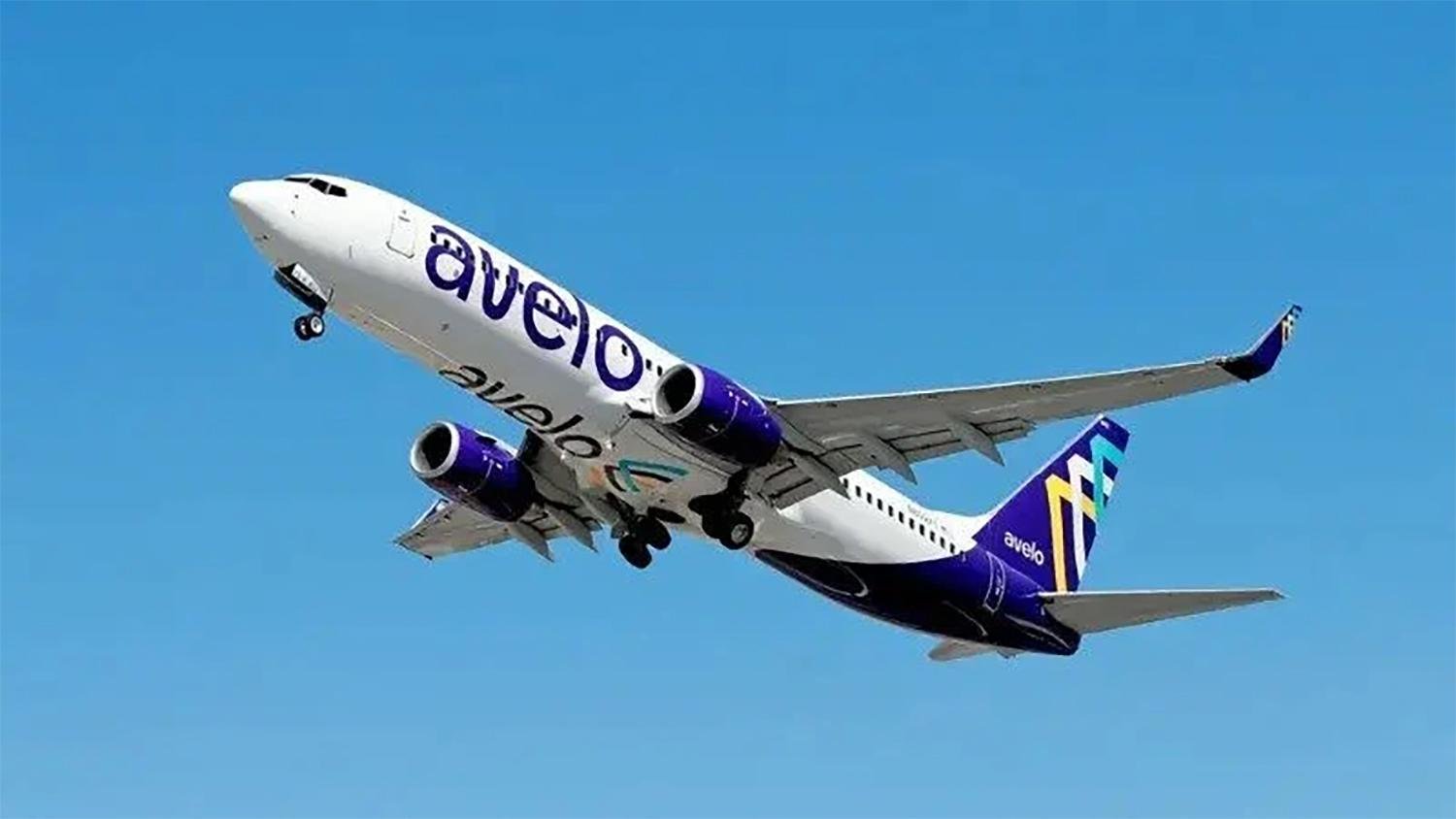border
Budget Airline Launches Arizona Hub for Controversial ‘ICE Air’ Deportation Flights

Avelo Airlines has announced a new agreement to operate deportation flights for Immigration and Customs Enforcement (ICE) from Mesa Gateway Airport in Arizona. This operation is set to begin on May 12, utilizing three Boeing 737-800 aircraft based at the airport, which was previously an Air Force base located east of Phoenix.
The Department of Homeland Security (DHS) uses various sites across Arizona for processing individuals facing deportation. Frequently, detainees are transported to different domestic facilities for processing. Mesa Gateway Airport is part of DHS’s “ICE Air” operation, which employs a fleet of 12 aircraft across Arizona, Texas, Louisiana, and Florida.
While the use of chartered or commercial flights for deportation is common, it is unusual for a commercial airline to engage directly in these services. Avelo, which operates primarily on the East Coast and in the Pacific Northwest, does not currently provide scheduled services in Arizona. The airline confirmed its involvement in a long-term charter program in a statement, indicating a commitment to support deportation efforts.
The establishment of a base at Mesa Gateway will bring Avelo’s pilots, flight attendants, and technicians to the area. The airline plans to initiate local hiring for these positions immediately, offering current employees the option to transfer to the new base.
Avelo Airlines CEO Andrew Levy acknowledged the sensitivity surrounding deportation flights, stating the decision stems from careful consideration. The charter service aims to provide stability for Avelo, enabling the continuation of passenger services and employment for its crew.
The contentious nature of deportation flights has been highlighted by allegations of inhumane conditions faced by detainees. Reports have surfaced detailing safety concerns related to flights, suggesting issues arise from detainees being shackled and difficulties in emergency evacuation. Current and former flight attendants from other airlines handling deportations have noted restrictions on interactions with detainees.
Levy has faced scrutiny from officials such as the mayor of New Haven, Conn., who expressed concerns about Avelo’s new operations. This city is home to Avelo’s largest base, and the potential backlash could impact the airline, especially given its service areas in generally liberal states that have opposed many of the previous administration’s immigration policies.
While Avelo’s business structure emphasizes ultra-low fares, it has also reported modest profits or break-even results. The evolving competitive landscape may have influenced its decision to enter into a charter agreement, especially as it has recently scaled back operations in California. This move could draw criticism, particularly from communities that are critical of immigration enforcement practices.
Avelo currently operates a fleet of 20 jets and often allocates surplus capacity for charter services catering to sports teams and other groups. The future implications of this new agreement remain to be seen as public sentiment and political pressures evolve around immigration issues.

















